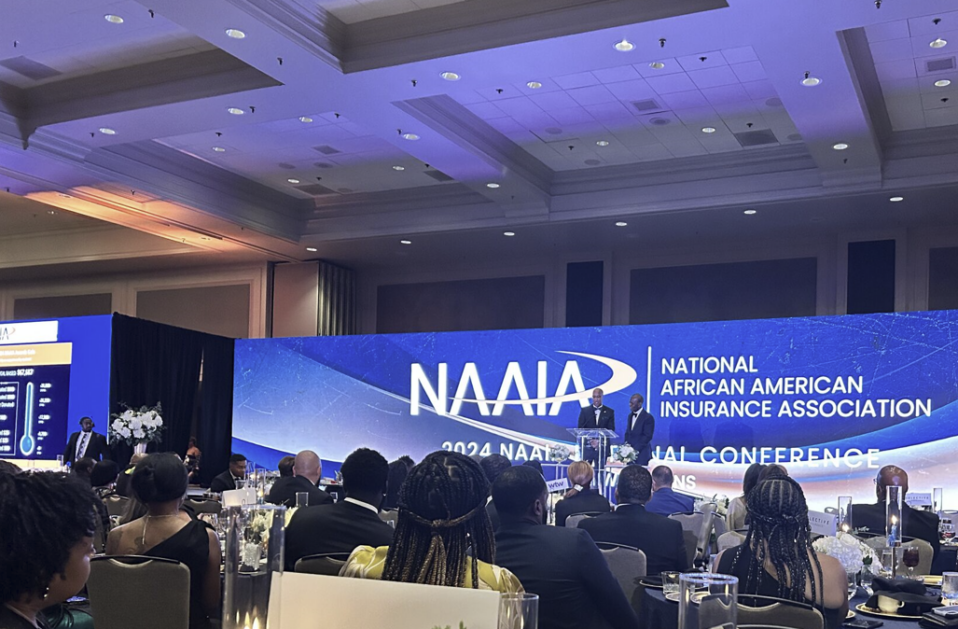HBCUs (Historically Black Colleges and Universities) have long played a crucial role in ensuring students of color get the much-needed education and mentorship. The main goal of HCBU mentorship programs is to offer education and societal guidance to students of color who face serious racial segregation.
That said, HBCU mentorship programs benefit students of color in the following ways:
Cultural Understanding and Connection
Fostering cultural understanding and connection among students of color is at the core of these mentorship programs. Being a part of these programs allows students to interact with mentors who grew up in the same backgrounds and share similar challenges. Establishing connections fosters a sense of belonging and validation.
However, mentorship experience is a two-way street. Mentors gain insights into the challenges facing the younger generation, while students feel empowered to discuss their concerns that they would otherwise hesitate to share.
Academic Guidance
HBCU mentorship programs also focus on guiding students of color academically. Though unfortunate, African-American communities suffered through racial segregation and limited learning opportunities. Unlike now, blacks couldn’t access learning opportunities like other races some years back.
Even then, black students still find it difficult to navigate the higher education space. It is because of this that HBCUs have mentorship programs that focus on guiding black students academically. Assigned mentors help students make better career choices and offer insights on navigating their studies.
Leadership and Role Modeling
The lack of proper leadership and role models among the black community has been a challenge for decades. It is because of this that HBCU mentorship programs also offer leadership and role modeling in their programs. Without leaders and role models in the community, students of color will find it difficult to achieve their goals and ambitions.
HBCU foundation appoints community leaders and accomplished professionals as mentors for these students. Mentors get to inspire students from their real-life experiences. This helps in the following ways:
- Breaking stereotypes – positive role models eliminate negative stereotypes and biases entrenched in black communities.
- A source of inspiration – role models are tangible examples of success that students of color can use as a source of inspiration.
- Builds confidence – interacting with role models helps students of color to confidently focus on their passion.
The Bottom Line
HBCU mentorship programs offer a lot of benefits to students of color is tangible. The programs also guide students in professional development and have alumni programs that ensure students remain in contact with their mentors. Their efforts are perfectly complemented by the NAAIA Foundation, which supports scholarship and community redevelopment programs.



Post a comment